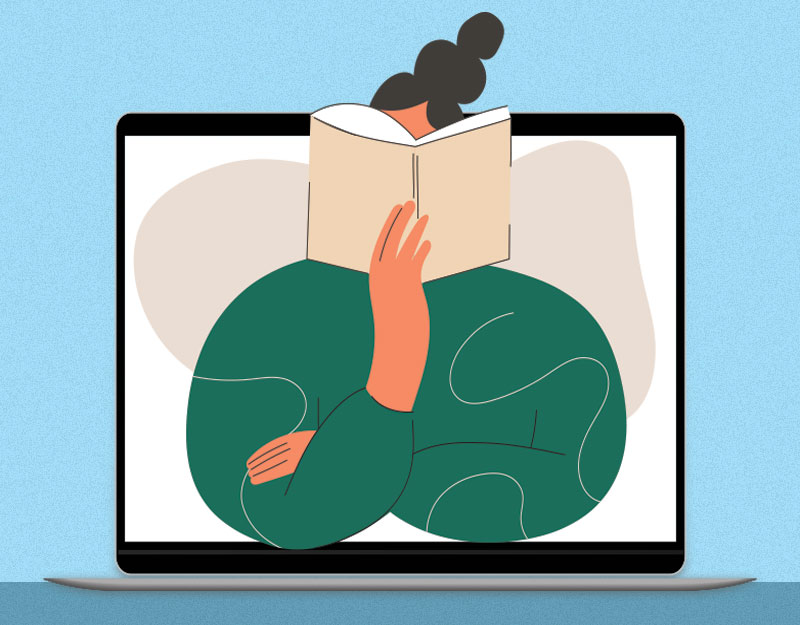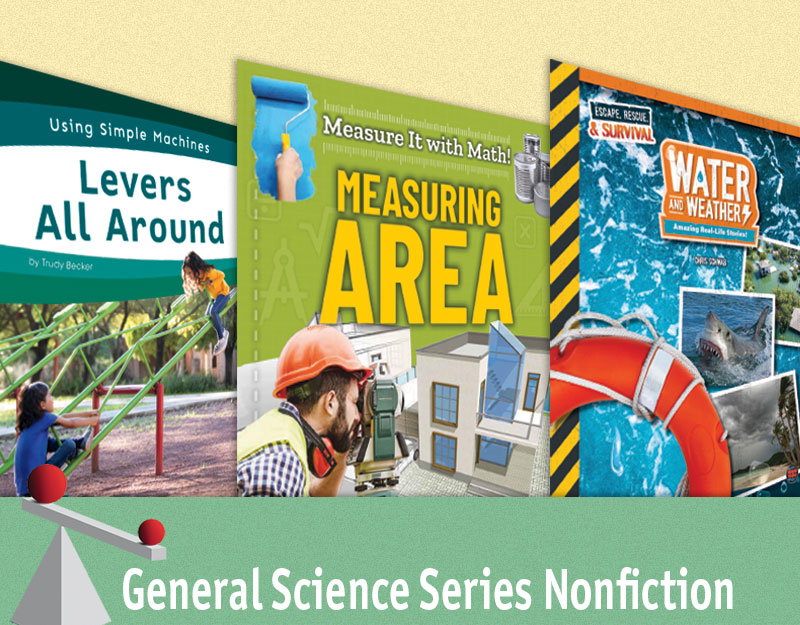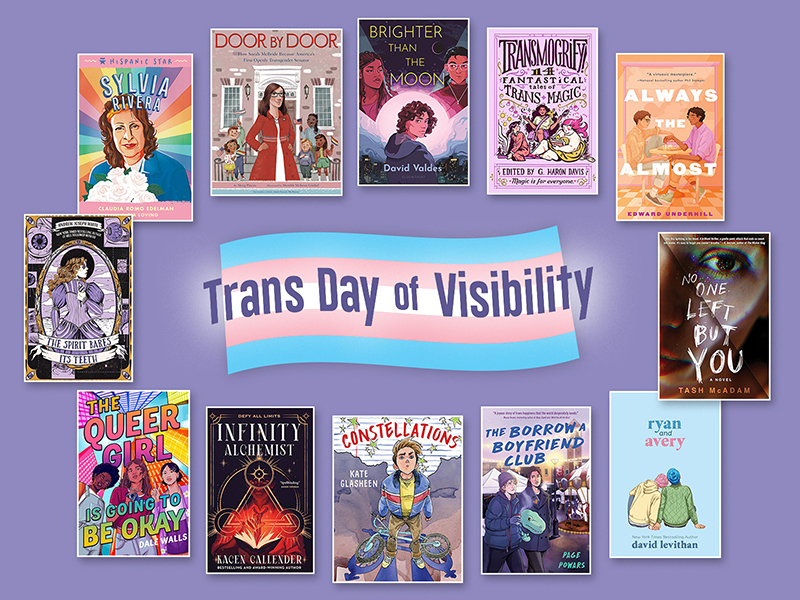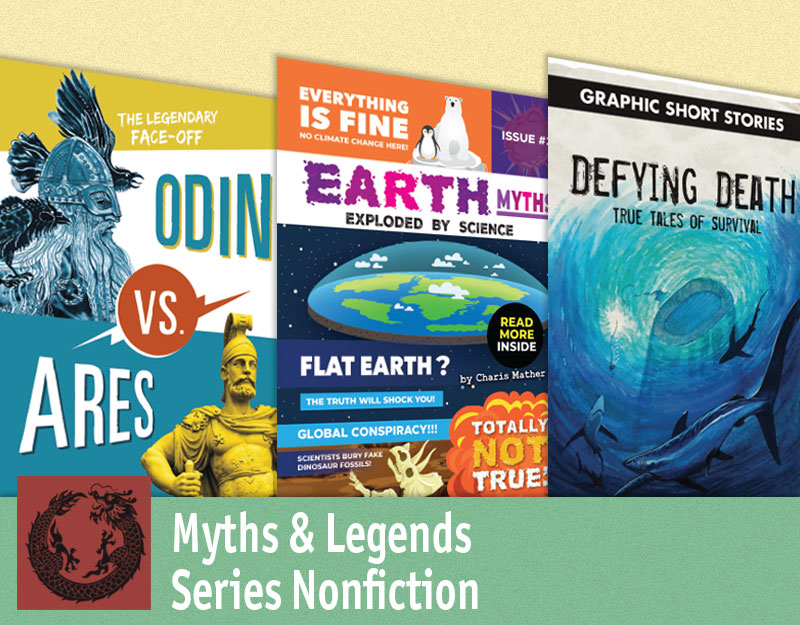It’s Okay to Be Sad and Anxious Right Now. It’s Even More Okay to Talk About It, a guest post by I.W. Gregorio
If there exists the tiniest glimmer of a silver lining to the coronavirus pandemic, it’s been that people have become more open about talking about mental health.

When I was growing up in an immigrant family in conservative central New York, I can’t ever recall candid discussions of mental illness. Instead, there were whispers and hushed discussions about my second cousin who’d committed suicide, and dramatic—and judgmental—speculation about the family member who was “having depression, ai-yo.”
I came of age in the 1980s, before widespread acceptance of the concept of self-care, and the stigma around mental illness was such that I only had limited language to even identify my emotions. When I was acting depressed, the language that my family used to describe my mood—words like “sullen” and “moody”—was almost uniformly pejorative, as if I were flawed.
ADVERTISEMENT
ADVERTISEMENT
It wasn’t until I was in college that I even made the connection between my sometimes dark and spiraling thoughts and the physical manifestations of depression—poor concentration, excessive sleeping, changes in appetite, and an almost paralyzing heaviness that made it impossible to get out of bed in the morning.
Looking back, I wish I had known two things: First, that anxiety and depression are medical conditions in the truest sense of the term. They aren’t just “in your head”—you can’t always “snap out of it” by thinking positive thoughts or praying or putting on a happy face. And just as no one would shame someone with cancer for having a malignancy, there should not be a stigma attached to anxiety and depression.
Second, I wish that I had known that I was not alone; how common mental illness is and how easy it is for people to hide it even from those that love and know them best. It took me decades of therapy to get to the point where I could be open about my struggles with mental illness. Even when I did, I did it somewhat indirectly, by publishing This Is My Brain in Love, an #OwnVoices YA romance about two children of immigrants navigating anxiety and depression.
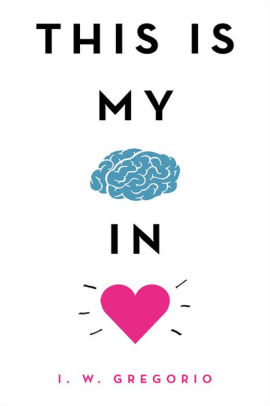
When I started publicizing my novel, and my own experiences with mental illness, I steeled myself for judgmental silence from my family, friends, and co-workers. I tried to manage my expectations, telling myself that it didn’t matter if they thought less of me. What was important was that I share my story so my readers felt less alone.
How shocking, then, to realize that it was me who would find up feeling so much less alone.
Within hours of my posting my first essay, I heard from multiple family members from multiple generations telling me of their own experiences with anxiety and depression. I got posts from colleagues from my job and from old classmates. I feel like I’m a fairly observant and empathetic person, but I hadn’t had an inkling that most of these people had battled the same demons I fight with every day.
I realized then that even though the shame surrounding depression and anxiety has gotten better, people are still reluctant to talk about it.
Part of the reason might be that a lot of people—including myself—feel that their problems aren’t important or severe enough to warrant attention. There have been times in my life where, because I’m not actively suicidal, I’ve felt reluctant to pursue help and told myself that things ‘’aren’t that bad.” The fact that the current media dialogue around depression and anxiety is often sensationalized, focusing disproportionately on death by suicide, doesn’t help.
I would argue that, while the stigma surrounding mental illness has been reduced, it hasn’t yet been normalized. It’s time for us to see more representation of the spectrum of mental illness—including the earlier stages, when people are asking, “When should I seek help?” Spoiler alert: If you’re thinking about it, it’s probably time. It’s never too early to reach out to a professional.
In the coronavirus era, anxiety is the new normal. Depression is something we must all be vigilant about spotting in our loved ones—now, more than ever. Social isolation is like a drought of the spirit, one that sets the groundwork for the scorched-earth spread of depression.
Now, more than ever, I believe it’s vital to have books about anxiety and depression that give readers the language to talk about emotions, treatment, and coping mechanisms. I like to call This Is My Brain In Love a (mostly) happy book about mental illness because I believe—in fact, because I know—that it is possible to find a path forward when you live with anxiety and depression.
There’s no denying that it’s hard these days. Here are some tips from both my personal experience and from trusted sources like National Alliance on Mental Illness (NAMI) and Psychology Today:
- Limit your news consumption if possible and focus on outlets that provide rigorous journalistic facts and solutions, rather than opinion and speculation. I recommend the World Health Organization website, and The New York Times Upshot, which provides graphs to see which countries and states are flattening the curve—as well as insight on why sometimes the data can be unreliable.
- Give yourself a routine each day. #QuarantineLife can still have a schedule—and blocking out time to read the headlines can help you manage item #1.
- When you’re feeling anxious, breathing techniques can be incredibly helpful, whether it’s active diaphragmatic breathing, or the 4-7-8 method (breathe in for 4 seconds, hold your breath for 7 seconds and exhale over 8 seconds). The University of Washington also has simple exercises that can help your muscles relax.
- Mindfulness training can be incredibly helpful as stress builds up. Shine is a good source for free meditations and other resources as is a GoZen.
- Get sleep. To fight insomnia, minimize screen time before bed, try to exercise 30 minutes a day, and limit caffeine if possible.
- With physical distancing, most therapists and insurance companies have increased access to teletherapy. You can find a therapist at Psychology Today or by calling the NAMI hotline at 800-950-6264. If you’re in crisis, just text NAMI to 741741.
The bottom line is, it’s okay to be sad and anxious. Chances are that the many, if not all, of the people who love you are feeling the same way. Don’t be afraid to ask for help.
And most importantly, remember: You are not alone.
Meet I.W. Gregorio
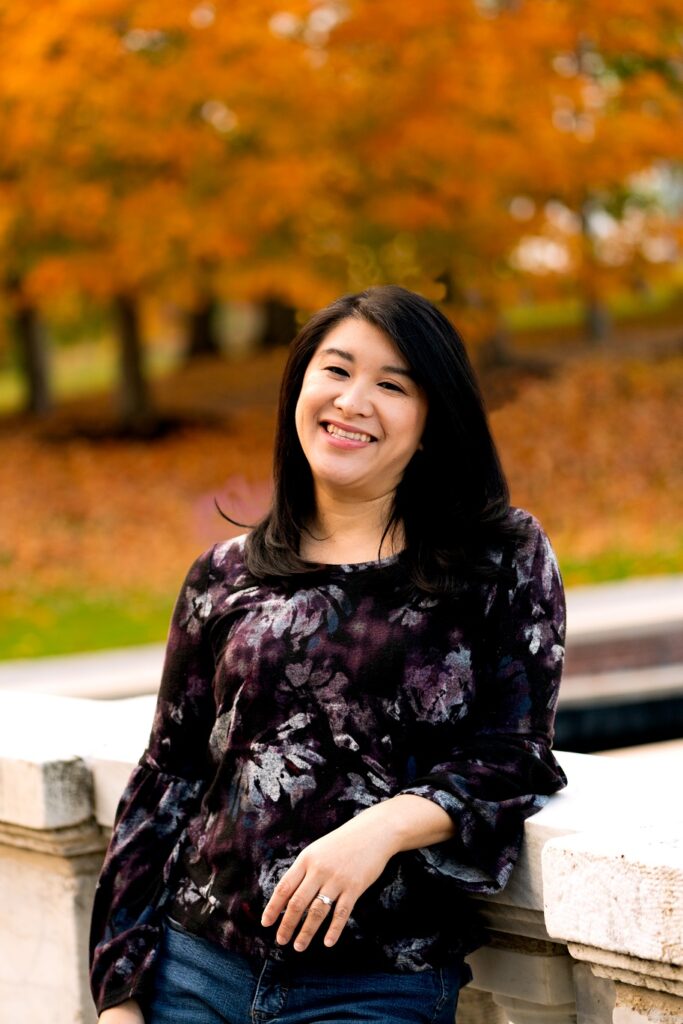
Meraki Photos, Inc.
I.W. Gregorio is a practicing surgeon by day, masked avenging YA writer by night. Her novels include Lambda Literary Award finalist None of the Above, and This Is My Brain in Love, which has received three starred reviews so far. She is proud to be a board member of interACT: Advocates for Intersex Youth, and is a founding member of We Need Diverse Books. Find her online at www.iwgregorio.com and on Twitter/Instagram at @iwgregorio.
I.W. Gregorio’s local indie bookstore is Children’s Book World in Haverford, PA.
About This Is My Brain in Love

ADVERTISEMENT
ADVERTISEMENT
Told in dual narrative, This Is My Brain in Love is a stunning YA contemporary romance, exploring mental health, race and, ultimately, self-acceptance, for fans of I Am Not Your Perfect Mexican Daughter and Emergency Contact.
Jocelyn Wu has just three wishes for her junior year: To make it through without dying of boredom, to direct a short film with her BFF Priya Venkatram, and to get at least two months into the year without being compared to or confused with Peggy Chang, the only other Chinese girl in her grade.
Will Domenici has two goals: to find a paying summer internship, and to prove he has what it takes to become an editor on his school paper.
Then Jocelyn’s father tells her their family restaurant may be going under, and all wishes are off. Because her dad has the marketing skills of a dumpling, it’s up to Jocelyn and her unlikely new employee, Will, to bring A-Plus Chinese Garden into the 21st century (or, at least, to Facebook).
What starts off as a rocky partnership soon grows into something more. But family prejudices and the uncertain future of A-Plus threaten to keep Will and Jocelyn apart. It will take everything they have and more, to save the family restaurant and their budding romance.
ISBN-13: 9780316423823
Publisher: Little, Brown Books for Young Readers
Publication date: 04/14/2020
Age Range: 12 – 18 Years
Filed under: Uncategorized
About Amanda MacGregor
Amanda MacGregor works in an elementary library, loves dogs, and can be found on Twitter @CiteSomething.
ADVERTISEMENT
ADVERTISEMENT
SLJ Blog Network
Name That LEGO Book Cover! (#53)
Cover Reveal and Q&A: The One and Only Googoosh with Azadeh Westergaard
K is in Trouble | Review
Fighting Public School Book Bans with the Civil Rights Act
ADVERTISEMENT



